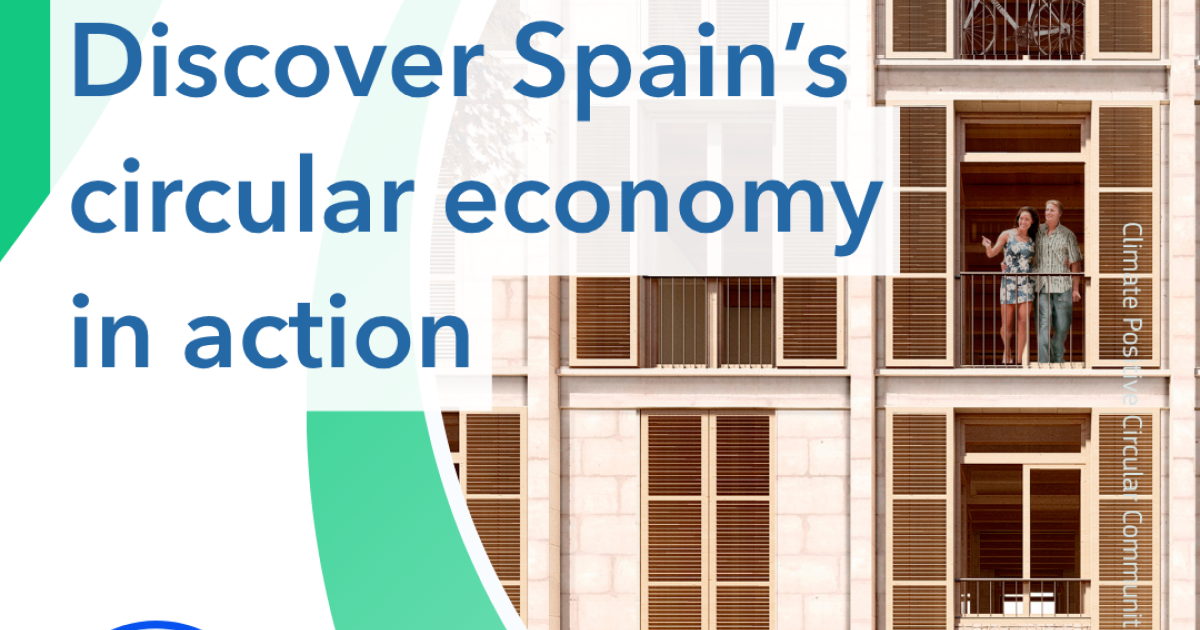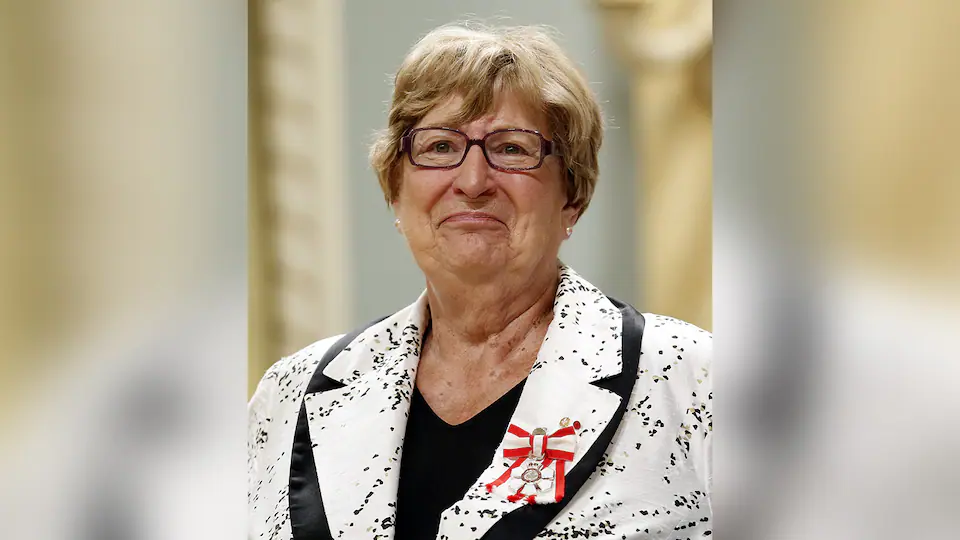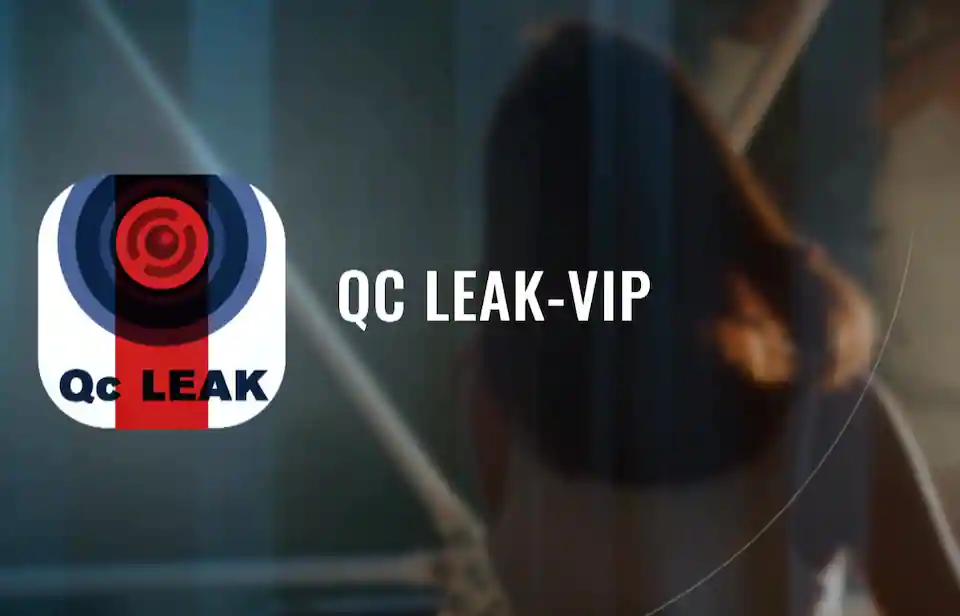Copyright europeantimes

Spain is undergoing a decisive transformation in its environmental and economic model through the España Circular 2030 strategy, a long-term plan adopted in 2020 to drive the transition towards a circular, climate-neutral economy. Supported by the European Union, this strategy seeks to decouple growth from resource use and waste generation, setting ambitious goals: to reduce national material consumption by 30% relative to GDP cut overall waste generation by 15% halve food waste per person by 2030 compared to 2010 levels It also aims to improve water efficiency by 10% and ensure that greenhouse gas emissions from the waste sector remain below 10 million tonnes of CO₂ equivalent by the end of the decade. To make this vision a reality, Spain is combining EU funding, innovation plus regional cooperation to help businesses and communities embrace circular solutions. From developing sustainable materials and improving recycling systems to promoting reuse and reducing emissions, the country is redefining how resources are produced, consumed and recovered. Across Spain, EU-funded projects are already turning ideas into tangible results – creating green jobs, protecting natural resources and building a more resilient, sustainable future for all. Among the many initiatives bringing Spain’s circular ambitions to life, several EU-funded projects stand out for their innovation and real-world impact – from transforming waste into valuable new materials to reducing emissions and creating cleaner industries. Let’s have a look at some of the projects managed by CINEA (the European Climate, Infrastructure and Environment Executive Agency). LIFE POLITEX: Transforming textile recycling Spain’s textile and clothing sector remains a vital economic engine, closing 2024 with over 7 500 companies, 128 000 employees and €11.6 billion in turnover. Exports reached €18.4 billion – mainly to France, Italy, Portugal, Poland and Germany – while imports totalled €24.8 billion. This makes Spain the fourth-largest contributor to turnover and exports in Europe’s textile and clothing industry. Yet behind this economic strength lies a pressing environmental challenge: only 12% of textile waste from Spanish households is properly collected for reuse or recycling. Most discarded fabrics still end up in landfills or are incinerated – representing both a sustainability problem and a lost economic opportunity. This is where the LIFE POLITEX project comes into play. With nearly €3 million in EU funding from the LIFE Programme, it is developing cutting-edge technologies to recycle polyester fabrics — one of the most common and hardest-to-recover textile materials. By transforming thousands of tonnes of textile waste each year into new, high-quality fibres that can re-enter the production chain, the project reduces dependence on new materials and cuts emissions from textile manufacturing. “LIFE POLITEX shows how EU funding is not just supporting cleaner industries, but also driving new opportunities for green growth, skilled employment and sustainable fashion made in Europe,” says Javier Pascual Bernabeu, POLITEX Project Coordinator. Climate Positive Circular Communities: Building greener cities Circularity, integrated energy and human centric design are reshaping how we conceive and build the spaces we live in. The construction sector accounts for about 50% of all extracted materials and more than 35% of the EU’s total waste. In the Llevant Innovation District in Palma de Mallorca, Climate Positive Circular Communities is tackling this challenge. The project, funded under Horizon Europe, is testing innovative ways to make buildings and neighbourhoods more circular, energy-efficient and climate-resilient. This mixed-use area — home to around 2,500 residents — serves as one of six demonstration sites across Europe, showing how data-driven design, digital tools such as digital twins and virtual and augmented reality, and community participation can accelerate deep energy renovations and integrate new positive energy buildings. With €20 million in EU funding, the project demonstrates how circular construction can reduce waste, improve living conditions and inspire greener urban development. “Both the new construction and renovation activities here use digital technologies to help residents and planners make smarter, more sustainable choices. Operation of the buildings pursuing best use of integrated renewables is important, as well,” explains Inger Andersen, the coordinator of the Climate Positive Circular Communities project. Waga4World: Turning landfill gas into clean energy In the Barcelona region, the Waga4World project is proving that even the most challenging waste sites can become sources of clean energy. The Can Mata landfill, spanning 78 hectares, has stored more than 22 million tonnes of waste over three decades and naturally produces around 40 million cubic metres of gas annually. With €2.4 million in Innovation Fund support, the project is deploying WAGABOX technology to turn landfill gas into cost-competitive, grid-compliant biomethane, renewable gas that is a substitute of fossil fuels. This breakthrough process significantly increases the site’s energy generation capacity while cutting greenhouse gas emissions. “During the first year of operation, Waga4World has already achieved over 14,200 tonnes of CO₂-equivalent reductions, exceeding its initial targets. Mechanisms as the Innovation Fund are crucial to deploy innovative technologies in European countries” says David Agudelo-Romero, Waga4World Project Coordinator. CLIC RECYCLE: Giving hair a second life Even small everyday actions can have circular potential. In Spain, CLIC RECYCLE, a clean-tech start-up is proving that innovation can come from unexpected sources: in this case, human hair. With advisory support from Green Assist (an advisory service for sustainable investments funded by the EU) the company is scaling up its environmental solutions to reuse salon hair waste that would otherwise end up in landfills or incinerators. Founded in 2020, CLIC RECYCLE collects hair from salons across Spain, Portugal and the Netherlands and transforms it into nature-based, biodegradable products. Its CLIC SEA solution helps clean ports and coastal waters by absorbing hydrocarbons and heavy metals, while providing real-time data on water quality. Meanwhile, the CLIC TERRA solution supports soil regeneration and replaces plastic mulch in agriculture, conserving water, enhancing biodiversity and improving soil health. “Green Assist gave us critical insights to strengthen both our financial and environmental impact” says Valérie Itey, Founder and CEO of CLIC RECYCLE. “This support has been key to preparing for our next phase of growth.” Closing the loop together Through its support for such innovative projects such the European Union is helping Spain move closer to a truly circular economy – one where waste becomes a resource and innovation drives sustainability. These initiatives show how targeted EU investment and cross-border collaboration translate ambitions into concrete benefits: cleaner industries, new green jobs, and communities that thrive in balance with nature. Discover more stories and see how EU investment is shaping a more sustainable future for everyone. More information about the projects



